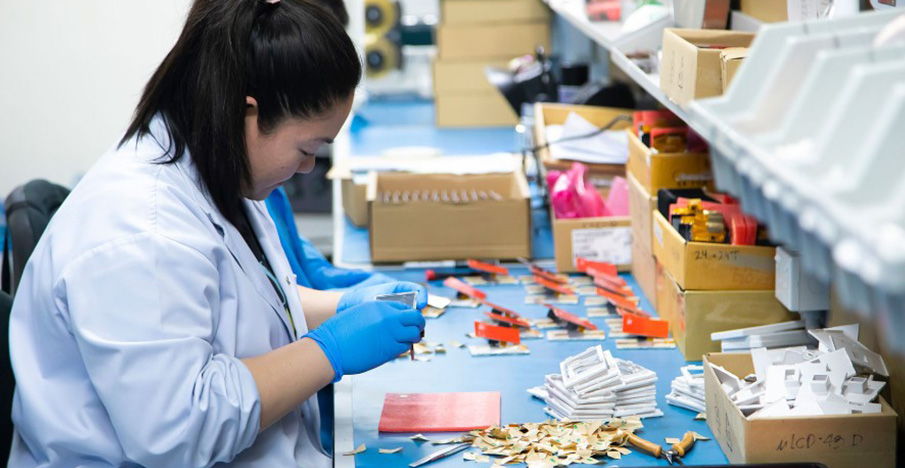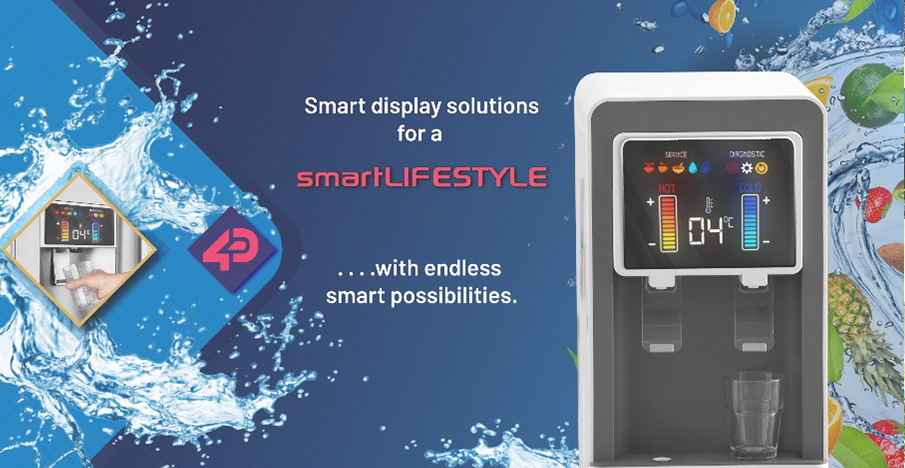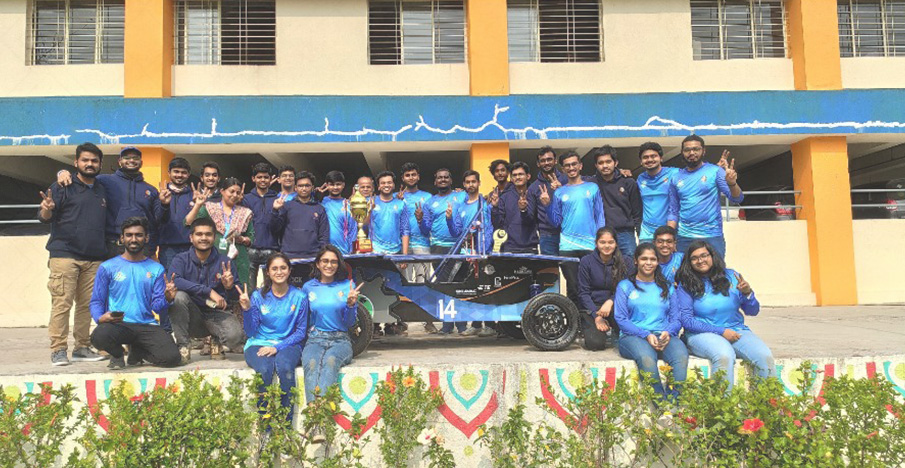
In a recent business update, the CEO of 4D Systems reflects on the challenges faced due to the COVID-19 pandemic in 2021, particularly mentioning the adaptation to remote work amid Sydney's lockdown. Despite hurdles, the organization upheld its agility, notably achieving carbon-neutral global logistics with DHL. 2022 aims are high with plans to introduce a fully automated SMT line enhancing production efficiency. The CEO also hints at upcoming projects under smartSOLUTIONS in medical, building, and lifestyle segments, the launch of GEN5 graphics processor, and organizational initiatives underlining its green commitment and core values rebranding.

Facing global supply chain issues due to the pandemic, 4D Systems has ramped up its production to meet a rising demand. The firm saw more orders as shortages hit various sectors. By working closely with distributors and Original Equipment Manufacturers (OEMs), it managed to keep up with the demand, especially during June and July. The manufacturing team in Sydney tackled various challenges, ensuring timely delivery of orders across different sectors like aerospace and medical equipment. This response showcases 4D Systems' ongoing commitment to solving problems amid tough conditions, aligning with its core value of "Courage in Creativity."

Touchscreens play a crucial role in our interaction with the digital world, being integrated in multiple aspects of our lives from public services to home appliances and wearables. While much of digital technology leans on automation, derived from its predictive nature (e.g., a sensor activating lights upon human entry), there's also a non-predictive element requiring human input, which involves individual preferences (e.g., adjusting the light to a preferred dimness). This human interaction with the digital ecosystem, which often involves touchscreens, enables us to make individualized health, work, and lifestyle choices. The most common methods of non-predictive input include touch and voice commands.

Team Solarium, a group of Indian undergraduate engineering students, are developing a solar electric vehicle for the ESVC3000, Asia's largest Electric Solar Vehicle Championship, using 4D SYSTEMS' display unit SK-GEN4-43DCT-CLB. Chosen for its low power, lightweight properties, and user-friendly interface, this display will enable easy driver interaction and integration with the vehicle's CAN bus. Located on the dashboard behind the steering wheel, the display will help the driver monitor key vehicle parameters. Their ultimate ambition is to compete in the World Solar Challenge, highlighting their commitment to advancing renewable energy solutions in transportation.






